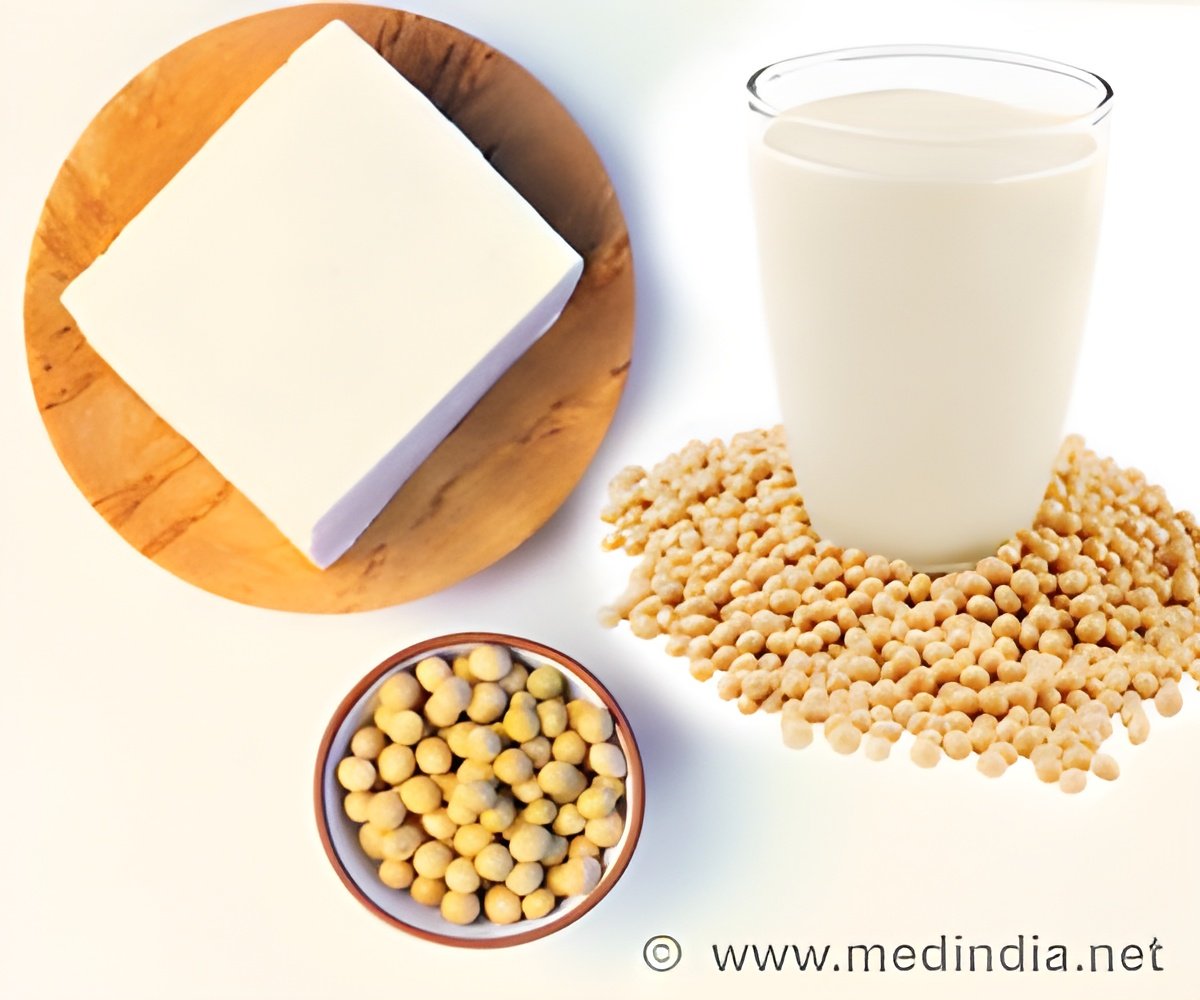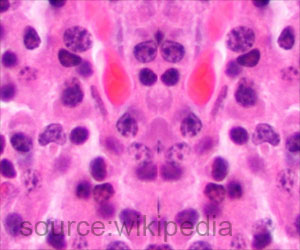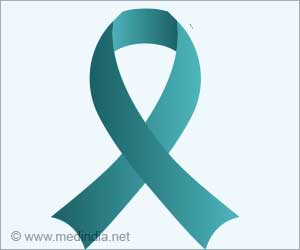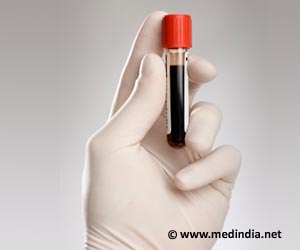Soybean compounds make radiation treatment of lung cancer tumors more effective, reveals study.

It blocks DNA repair mechanisms and molecular survival pathways, which are turned on by the cancer cells to survive the damage radiation causes.
Soy isoflavones can make cancer cells more vulnerable to ionizing radiation by inhibiting survival pathways that are activated by radiation in cancer cells but not in normal cells. In normal tissues, soy isoflavones also can act as antioxidants, protecting those tissues from radiation-induced toxicity.
During the past year, Hillman's team achieved similar results in non-small cell lung cancer cells in vitro.
Hillman emphasized that soy supplements alone are not a substitute for conventional cancer treatment, and that doses of soy isoflavones must be medically administered in combination with conventional cancer treatments to have the desired effects.
"Preliminary studies indicate that soy could cause radioprotection," she said.
Advertisements
She said that the next step is to evaluate the effects of soy isoflavones in mouse lung tumor models to determine the conditions that will maximize the tumor-killing and normal tissue-protecting effects during radiation therapy.
Advertisements
"We also could improve the secondary effects of radiation, for example, improving the level of breathing in the lungs."
Once protocols are developed, the clinicians can begin using soy isoflavones combined with radiation therapy in humans, a process they believe will yield both therapeutic and economic benefits.
"In contrast to drugs, soy is very, very safe."
"It's also readily available, and it's cheap," she added.
The study has been published in the journal Radiotherapy and Oncology.
Source-ANI















